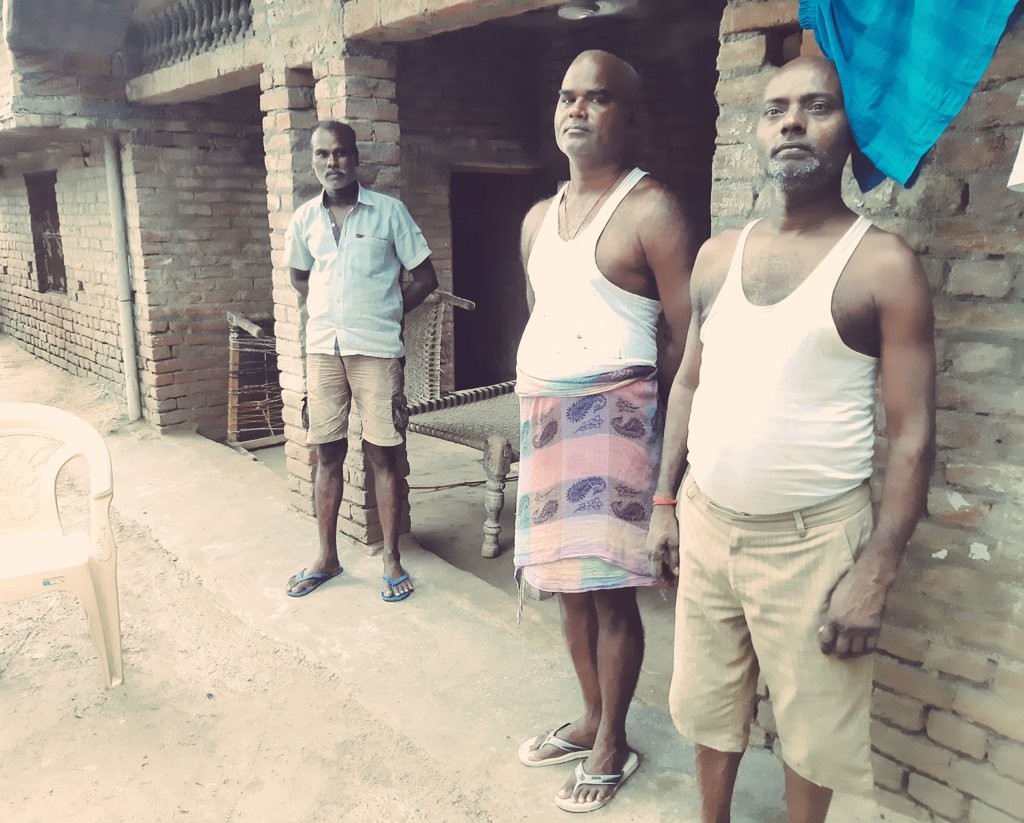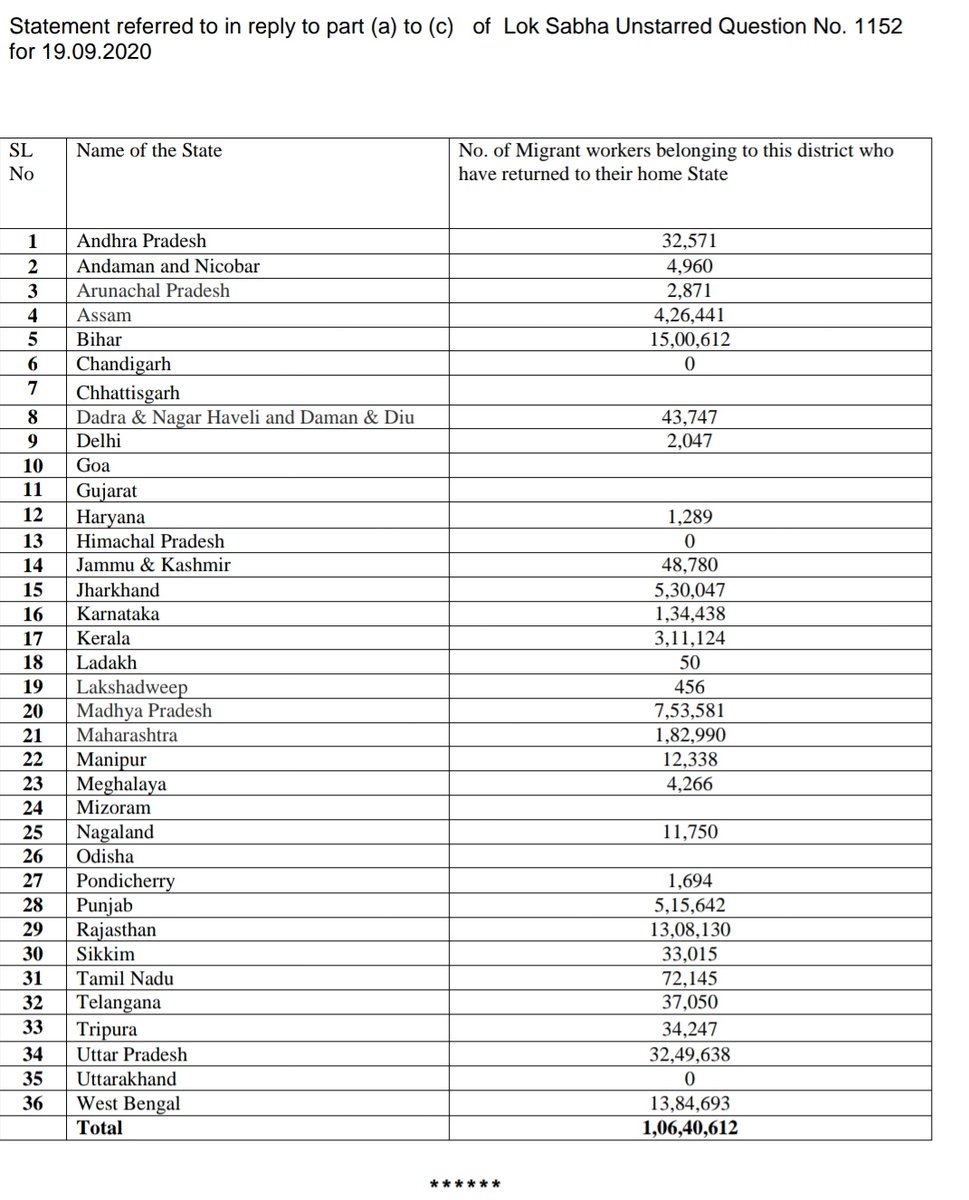
Work in the private sector? Thanks to the Modi government, your company can now convert your permanent job into a fixed term contract and take away your retrenchment benefits.
Read our story:
business-standard.com/article/econom…

Read our story:
business-standard.com/article/econom…


While the farm Bills created a lot of controversy, contentious labour law changes had no-takers.
The government quietly did away with a key safeguard norm for workers to deter firms from converting existing permanent jobs into fixed-term contracts.
The government quietly did away with a key safeguard norm for workers to deter firms from converting existing permanent jobs into fixed-term contracts.
Why is this proposal dangerous?
In India, unlike in China, Vietnam and Indonesia, there will be no cap on the number of times fixed-term contracts can be renewed (companies can do it endlessly).
Fixed-term contracts are seen as stepping stone towards permanent jobs.
In India, unlike in China, Vietnam and Indonesia, there will be no cap on the number of times fixed-term contracts can be renewed (companies can do it endlessly).
Fixed-term contracts are seen as stepping stone towards permanent jobs.
In emerging economies, such as China and Vietnam, fixed-term contracts can be renewed only twice, after which such workers have to become a part of the permanent workforce. This step ensures the employers do not exploit the system and there is some semblance of job security.
Experts pointed out that this move will lead to withering away of permanent employment. There is enough literature to suggest that productivity of contract workers is lower than permanent employees (Working Paper 369 of ICRIER).
Do read how the government has sought to liberalise the contract labour system in the country through the labour codes by giving companies a free hand to hire such workers, along with an easier licensing regime.
business-standard.com/article/econom…
business-standard.com/article/econom…
Chairman of India's largest carmaker (1/2):
"We need a certain amount of flexibility to hire on fixed-term contracts, but the core of a factory has to be permanent employees. It is only when their long-term future is tied to a company that you will benefit
financialexpress.com/opinion/still-…
"We need a certain amount of flexibility to hire on fixed-term contracts, but the core of a factory has to be permanent employees. It is only when their long-term future is tied to a company that you will benefit
financialexpress.com/opinion/still-…
(2/2)
...from their learning. A lot of the productivity improvement we have got is due to our workers’ commitment & their ideas. This cant happen in a hire & fire regime where people are incentivised to jump from one job to another. Labour has to be made a partner."
...from their learning. A lot of the productivity improvement we have got is due to our workers’ commitment & their ideas. This cant happen in a hire & fire regime where people are incentivised to jump from one job to another. Labour has to be made a partner."
• • •
Missing some Tweet in this thread? You can try to
force a refresh










